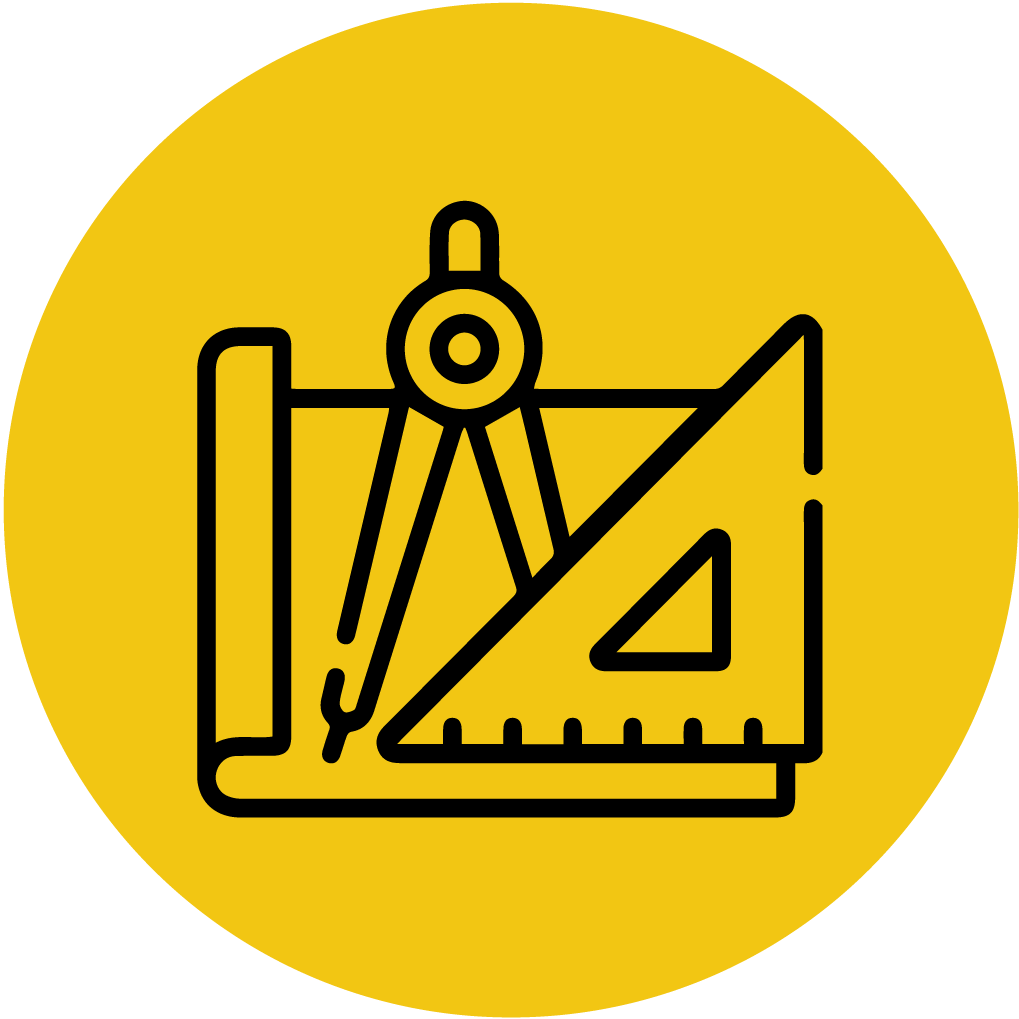Patents
PATENTS
HERE'S HOW IT WORKS

1. Examination of Details
Initially To apply for design patent you will have to provide all the required documents. We will examine all the possible details

2. Drafting of Application
We have registered patent agents who will take up your request and draft the application for design registration.

3. Filing of Application
The drafted document will be filed with the registrar and, on acceptance.
BENEFITS OF PATENT REGISTRATION
A patent is a right granted to an individual or enterprise by the government which excludes others from making, using, selling, or importing the patented product or process without prior approval.

The proprietor has complete control
For the Patent, the owner has the right to utilize his ideas in whatever way he wants. It means that the proprietor has complete control over the use, sale, and modification of the original invention, as well as the ability to prevent others from profiting from the same ideas without his permission.

Return On Investment Privileges
When the owner realizes that his innovation is not bringing him any benefits, he may decide to give it to another deserving or successful individual. The patent rights, once obtained, enable him to commercialize the concept and earn a considerable return on his investment.

Benefits in a longer duration
The creator will profit in a variety of ways from the selling of the innovation. It only aids in obtaining a 5 percent royalty, but it is extremely beneficial to innovators who have a great idea but lack the financial means to put their invention to market.

Disclosure to the General Public
Patent rights allow the inventor to gain public attention, which helps him extend his portfolio while also raising cash, market value, and possible business partners. The inventors’ competence and command of the technical subject matter are demonstrated by their willingness to share information about the invention with the general audience
LET'S CLEAR ALL THE DOUBTS!
An invention needs to have these three main qualities to be patentable:
- Novelty – invention should be new
- Inventiveness (Non-obviousness) – should have an inventive step that makes the invention unique
- Industrial utility/Usefulness – it should not be a mere prototype but it should be working and has to have some use
Any Individual Person, Company, Trust, NGO, even Govt. agency can apply for Patent.
Yes, the applicant can make a request for early publication in Form 9 along with the prescribed fee. The Patent Office publishes the application after receiving such request within a period of one month provided the invention contained thereon does not relate to atomic energy or defense purpose.
The three types of patents are utility patents, design patents, and plant patents.
The Office of the Controller General of Patents, Designs and TradeMarks (CGPDTM) generally known as the Indian Patent Office, is an agency under the Department for Promotion of Industry and Internal Trade which administers the Indian law of patents, designs and trademarks.
Patent registration is valid for 20 years in India.
Patent registration application should include the details of the invention in the form of a CD or a pen drive that has mentioned the name, the uses, and the data of the invention.
10 days before the statutory deadline, the applicant must file a request for a hearing. If the applicant fails to do so, the controller has the authority to reject the application without hearing the inventors.
